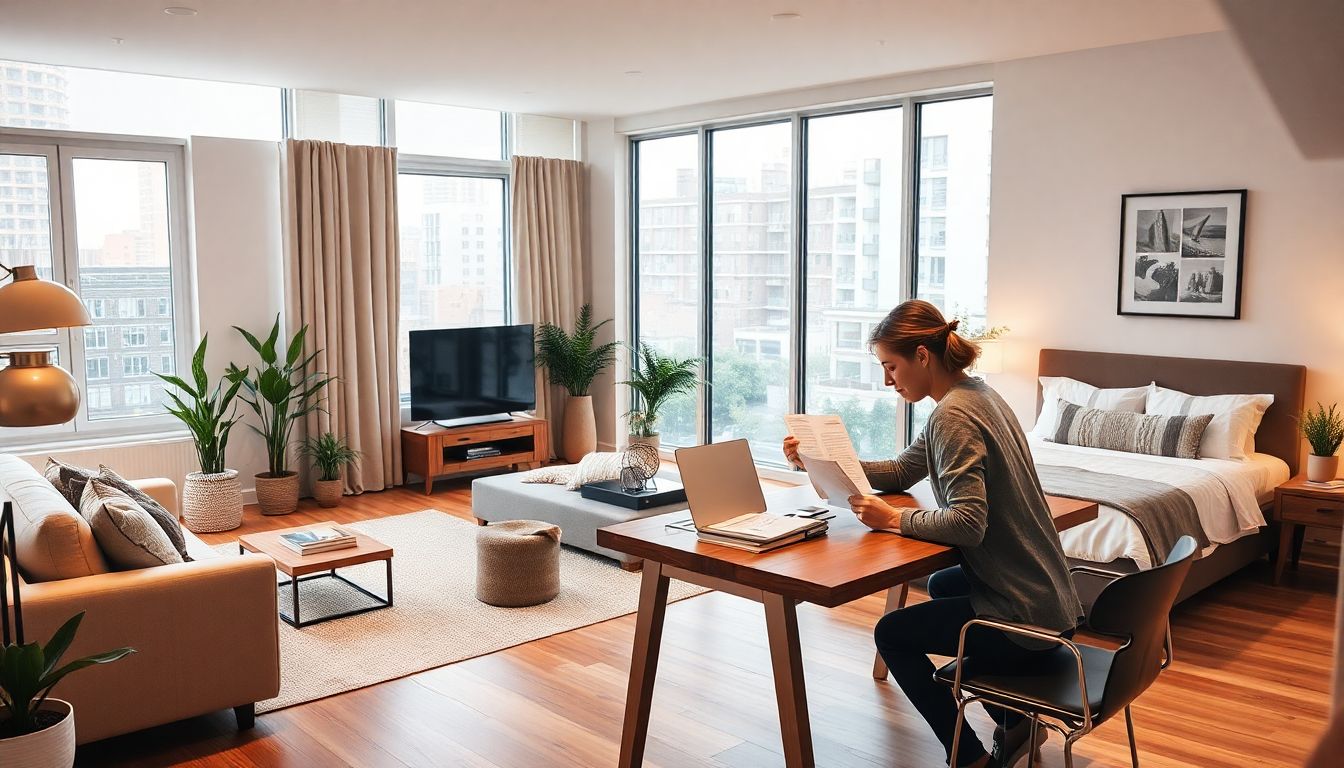Introduction
Hosting on Airbnb has become a popular way to earn extra cash and meet new people. As the platform grows, so does the importance of having the right insurance. Many hosts assume that Airbnb's built-in protections will cover them completely. But is that really true? Hosts often worry about property damage, guest injuries, or liability issues. The truth is, not everything is covered, and understanding the gaps can save you big headaches later. Getting clear on what Airbnb insurance covers helps you protect your home and your wallet.
What Is Airbnb Insurance? An Overview
Definition and Purpose
Airbnb insurance is a special type of coverage designed just for hosts. It’s different from the typical homeowner’s or renter's insurance you might already have. Standard policies are meant to protect your belongings and liability when you’re living there full-time. But hosting on Airbnb creates new risks. So, Airbnb offers extra programs that focus on hosting-related issues.
Types of Airbnb Insurance Options
Here’s what Airbnb provides for hosts:
Airbnb's Host Protection Insurance
Offers liability coverage if a guest causes injury or damage to others.Host Guarantee
Covers property damage caused by guests, up to a set limit.Third-Party Insurance
Many hosts buy additional policies from outside insurers for extra safety.
Why Insurance Matters for Hosts
Hosting new guests means new risks. Property damage, accidental injuries, or lawsuits can happen unexpectedly. Data shows that a small percentage of hosts file claims, but those that do often face serious costs. Without proper coverage, even minor incidents can turn into costly problems. Insurance acts like a safety net, protecting hosts from financial loss.
Airbnb’s Built-In Insurance Programs: What’s Included?
Airbnb Host Protection Insurance
This program provides up to $1 million in liability coverage. It kicks in if a guest gets hurt or causes damage to someone else’s property. For example, if a guest slips and injures themselves in your home, this protection might cover medical bills or legal costs. However, it does not cover damage to your personal belongings or property. It also has limits on what it considers a valid claim.
The Host Guarantee
Unlike standard insurance, the Host Guarantee helps cover damage to your property caused by guests. It can pay up to $1 million for repairs or replacements. But many hosts confuse this with insurance — it’s not a replacement. It doesn’t cover theft, lost items, or certain types of damage. Also, it often requires proof of damage and can take time to process.
Practical Examples
Suppose a guest spills red wine on your sofa — the Host Guarantee could help pay for cleaning or replacement. On the other hand, if a guest breaks a window or damages a valuable heirloom, the claim process might be tricky or denied if certain conditions aren’t met. Real cases show that Airbnb programs sometimes fall short when it comes to covering everything.
Gaps and Limitations in Airbnb Insurance Coverage
Common Coverage Limitations
Airbnb’s programs have clear exclusions. They do not cover:
- Damage caused by criminal activity or intentional acts.
- Shared spaces, such as hallways or outdoor areas.
- Certain property types, like art or jewelry.
- Damage if you don’t report the incident properly.
Why Standard Homeowner’s or Renter’s Insurance May Not Be Enough
Your existing policy might not be enough because it often excludes hosting activities. For example, if your policy states “no commercial use,” you could lose coverage if you host frequently. Relying on Airbnb’s coverage alone can leave gaps. It’s best to review your personal policy to see what’s included and what’s not.
Expert Insights
Insurance experts advise hosts to treat Airbnb coverage as supplemental, not primary. They recommend talking to your insurer about your hosting activities. Sometimes, you need specific riders or new policies to fully protect your home.
How to Enhance Your Insurance Coverage as an Airbnb Host
Evaluating Your Current Policy
Start by reading your homeowner or renter's policy carefully. Ask questions like:
- Does my policy cover short-term rentals?
- Are there any exclusions related to hosting?
- How much liability protection do I have?
Knowing the details helps you avoid surprises.
Additional Coverage Options
Consider buying extra coverage if needed:
- Third-party host insurance: Offers more comprehensive protection.
- Umbrella insurance: Adds extra liability limits beyond your existing coverage.
- Specialty policies: Designed for short-term rentals, these are often customized to your needs.
Practical Steps for Hosts
- Document everything: Take photos of your property before and after each guest stay.
- Have clear house rules: Make sure guests know what’s acceptable.
- Keep records: Save all communication with Airbnb and insurers.
- Report damages promptly: The faster you report, the better your chances for coverage.
Best Practices for Hosts to Protect Themselves
Minimizing Risks
Do routine maintenance and safety checks regularly. Use smoke alarms, secure valuables, and keep emergency contacts handy.
Preparing for Potential Claims
Stay organized with photos, receipts, and written records. Know the steps to file a claim through Airbnb or your insurance provider.
Staying Informed
Policies and rules can change. Keep up with updates from Airbnb and review your insurance coverage annually. Join host communities online for tips and advice based on real experiences.
Conclusion
Understanding Airbnb insurance is crucial for every host. While Airbnb offers helpful programs like the Host Protection Insurance and Host Guarantee, these are not foolproof. Gaps exist that can leave you vulnerable. The smart move is to review your personal insurance policies and consider additional coverage options. By taking proactive steps, you safeguard your home and avoid unexpected financial setbacks. Don’t assume your family insurance is enough — layer your protection for total peace of mind.
